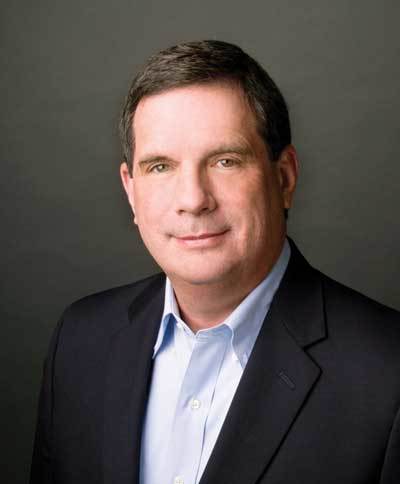7 Traits of Healthy Churches

I am not the brightest bulb in the chandelier.
Indeed, put me in a room with nine other people, and I am likely to be the tenth in intellect.
So, I compensate for my cognitive deficiencies by listening, observing, and researching. The wisdom of others is far greater than any chance of intellect I may have. Indeed, I love listening to church leaders. I love watching what other churches do. And I love reporting these observations to you, my readers.
A member of the Church Answers community recently asked about the characteristics of healthy churches today. Immediately, I began to review churches that were having great community impact, whose members regularly had gospel conversations, and whose leaders faithfully preached the Word with power every week.
I noted several characteristics of the thirty plus churches that I would unequivocally designate as healthy. When it was all said and done, I had nearly fifty different traits. But I was able to put most of these traits into one of seven categories.
- They truly believe in the power of the gospel. Sure, most church members and leaders would affirm their own belief in the power of the gospel. But few would actually act on that belief. Few actually move into areas and directions that can only be accomplished in God's power. For most churches, it's lip service. But not so for these healthy churches.
- They have courageous leaders. I call them "Joshua leaders." They are ready to lead the people into the community and storm the gates of hell. They remind the members to be courageous, even as they are courageous. One pastor put it this way: "I don't want to live a life without making a difference in God's power. I will accept the challenges, the risks, and the criticisms to be able to make a difference."
- They embrace change. Most church members, and some church leaders, fiercely resist change. They idolize the past, the way we've always done it. Or they fear the future and God's provisions for the future. But the healthy churches on my watch list embrace change as long as it does not go counter to biblical truth. These churches don't spend their energies and resources trying to convince people to move forward. They are ready to go!
- They are not nostalgic. Sure, these church members honor and respect the past. But they don't live there. They are constantly anticipating what God will do in the present and the future. They don't have time to be nostalgic, because they are too busy moving forward.
- They see reality. They don't just see reality; they make highly intentional efforts to see reality more clearly. They often have secret guests evaluate their churches. They use tools to help them improve. They don't fear finding something negative with their churches, because those findings become areas for improvement.
- They intentionally intersect their lives with non-Christians. They see their weekday vocation as a mission field. They see their neighborhoods as their Jerusalem in Acts 1:8. They intentionally work and do business with non-Christians. They are highly intentional about inviting people to church.
- They accept responsibility. Too many church members and leaders blame the changes in culture. Healthy churches see those changes as opportunities. Too many church members and leaders blame their denominations for not providing for them. Healthy churches accept their own responsibility for impacting the community. Too many church members and leaders blame other churches for taking their members and guests. Healthy churches realize the fields are truly white unto harvest. They believe other churches are partners in mission, not competitors.
Obviously, my list is not exhaustive. But these are the seven main buckets of traits I saw as I surveyed the landscape of healthy churches.
What would you add to this list?
Originally posted at ThomRainer.com.



























